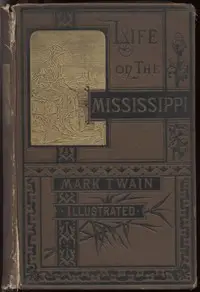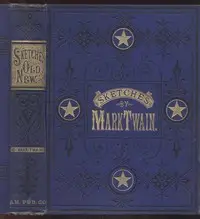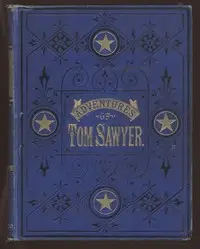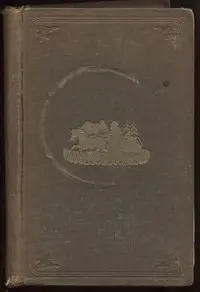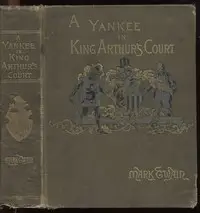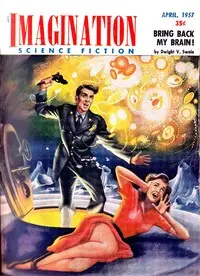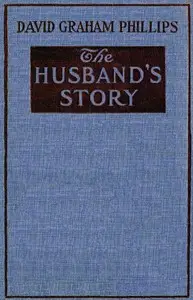"The Prince and the Pauper, Part 9" by Mark Twain is a historical novel written in the late 19th century. The book explores themes of identity, class disparity, and the nature of power through the experiences of two boys from vastly different backgrounds. Tom Canty, a pauper, and Prince Edward, the heir to the throne, accidentally exchange places, leading to a series of adventures and misadventures that ultimately reveal the challenges faced by people from all walks of life. In this part of the narrative, the coronation day of King Edward VI unfolds amidst heightened drama as Tom Canty, dressed in royal attire, participates in the ceremony while feeling the weight of his true identity. As the event progresses, an unexpected interruption occurs when a ragged boy, claiming to be the rightful king, asserts his identity in a tense moment. This revelation leads to confusion and chaos among the nobles present, as Tom supports this boy, demonstrating their connection and mutual fears. Ultimately, the rightful heir is revealed, and Tom is honored for his role, highlighting themes of justice and redemption. Both characters emerge transformed by their experiences, with Tom taking on a noble status while the true king adopts a lenient and compassionate rule, setting the stage for a fairer and more humane governance. (This is an automatically generated summary.)
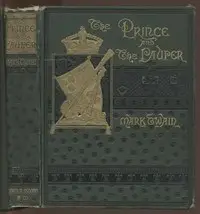
The Prince and the Pauper, Part 9.
By Mark Twain
"The Prince and the Pauper, Part 9" by Mark Twain is a historical novel written in the late 19th century. The book explores themes of identity, class ...
Samuel Langhorne Clemens, known by the pen name Mark Twain, was an American writer, humorist, and essayist. He was praised as the "greatest humorist the United States has produced," with William Faulkner calling him "the father of American literature." Twain's novels include The Adventures of Tom Sawyer (1876) and its sequel, Adventures of Huckleberry Finn (1884), with the latter often called the "Great American Novel." He also wrote A Connecticut Yankee in King Arthur's Court (1889) and Pudd'nhead Wilson (1894) and cowrote The Gilded Age: A Tale of Today (1873) with Charles Dudley Warner.

